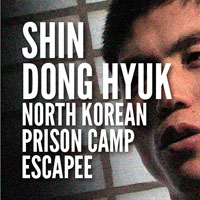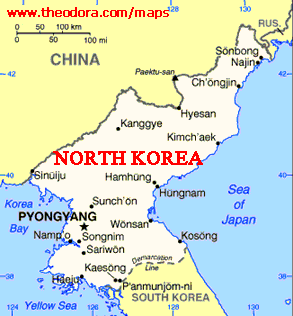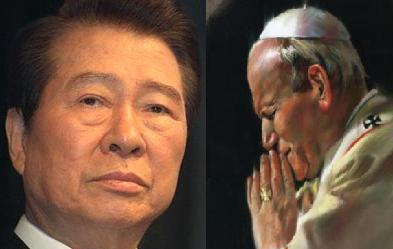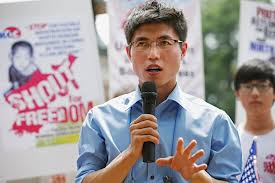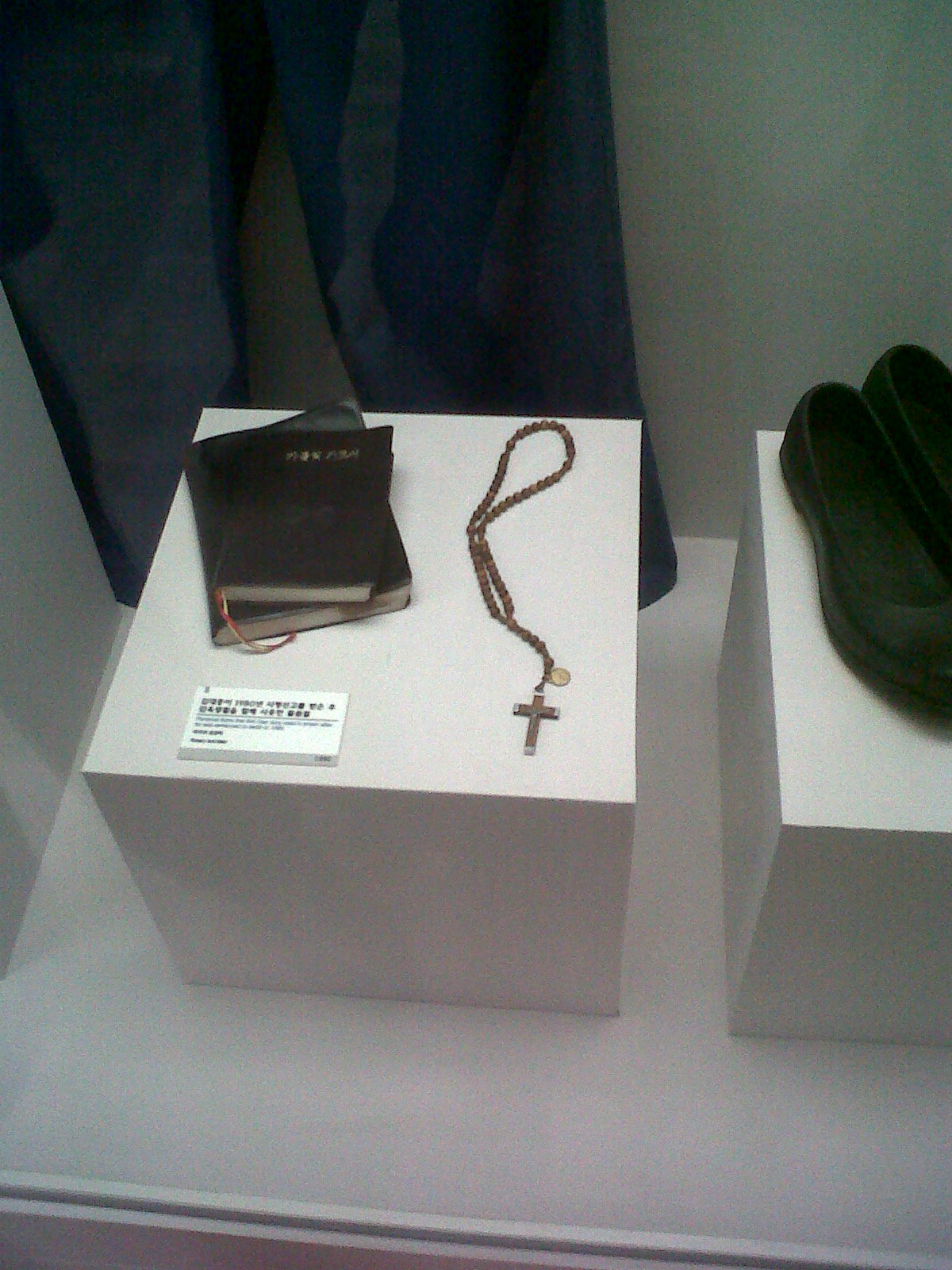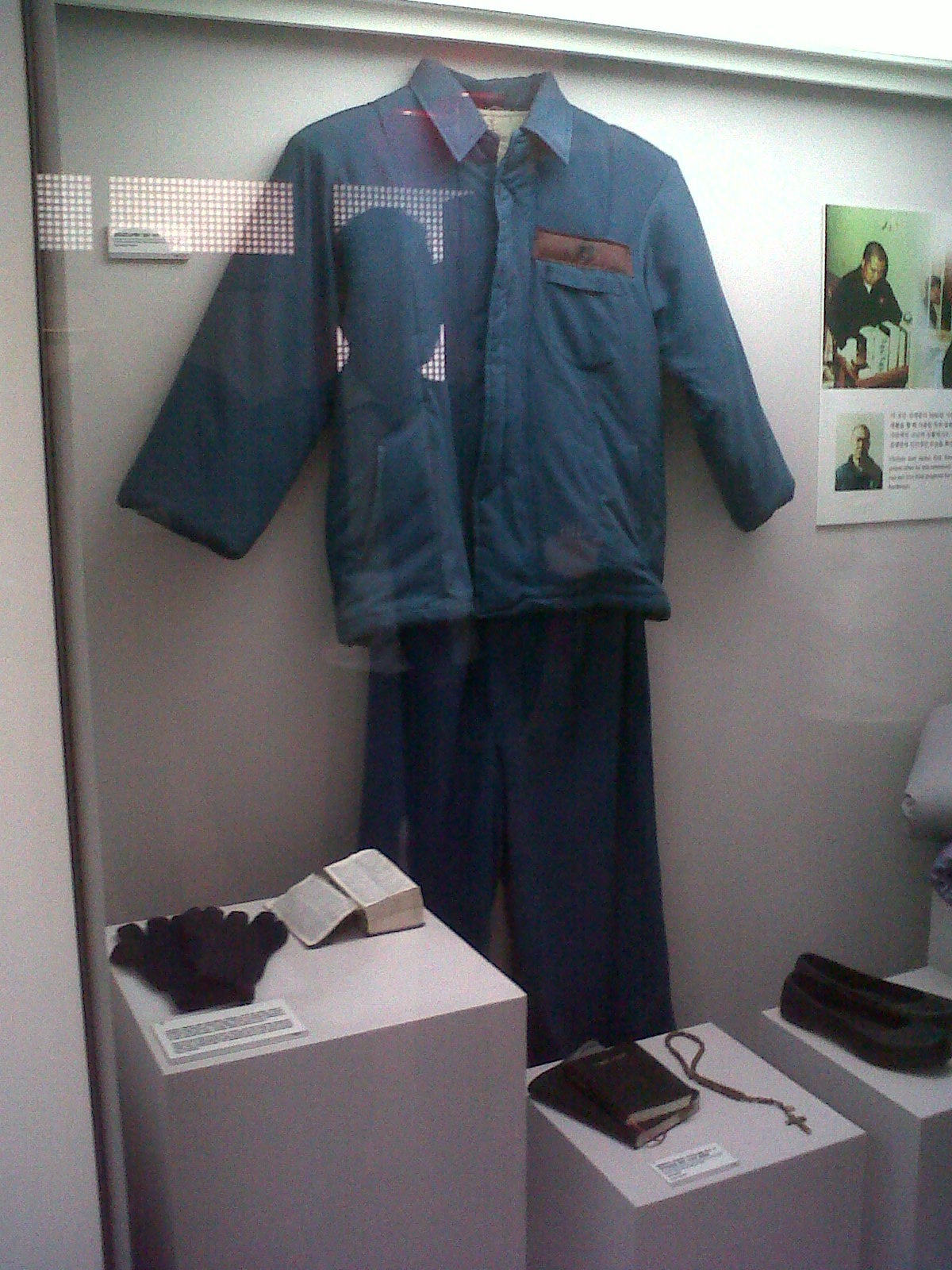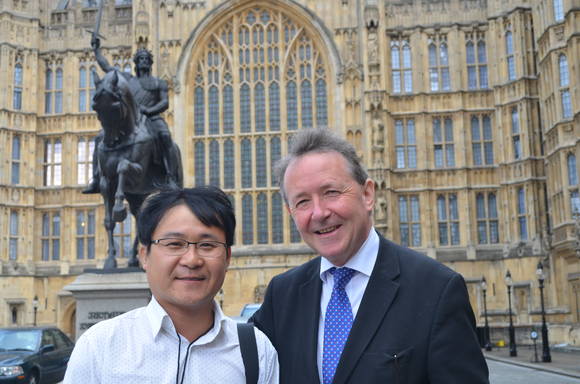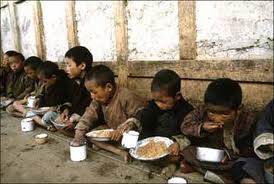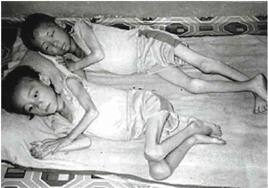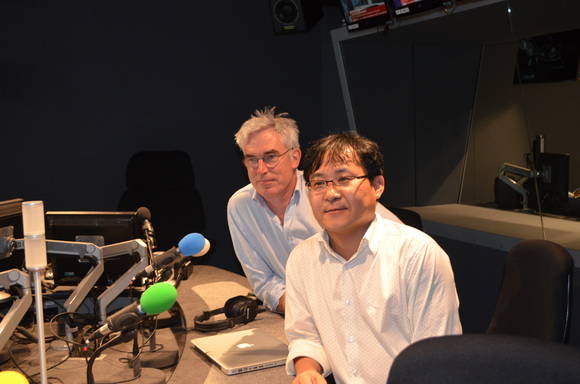Listen to Vanish The Night by Ooberfuse (featuring the voice of Shin Dong Hyok who was born in Camp 14 and witnessed the execution of his mother and brothers):
http://www.youtube.com/watch?v=be7WTX_z_E8&feature=share
See also:
https://www.davidalton.net/2013/04/10/interview-on-north-korea-april-10th-2013/
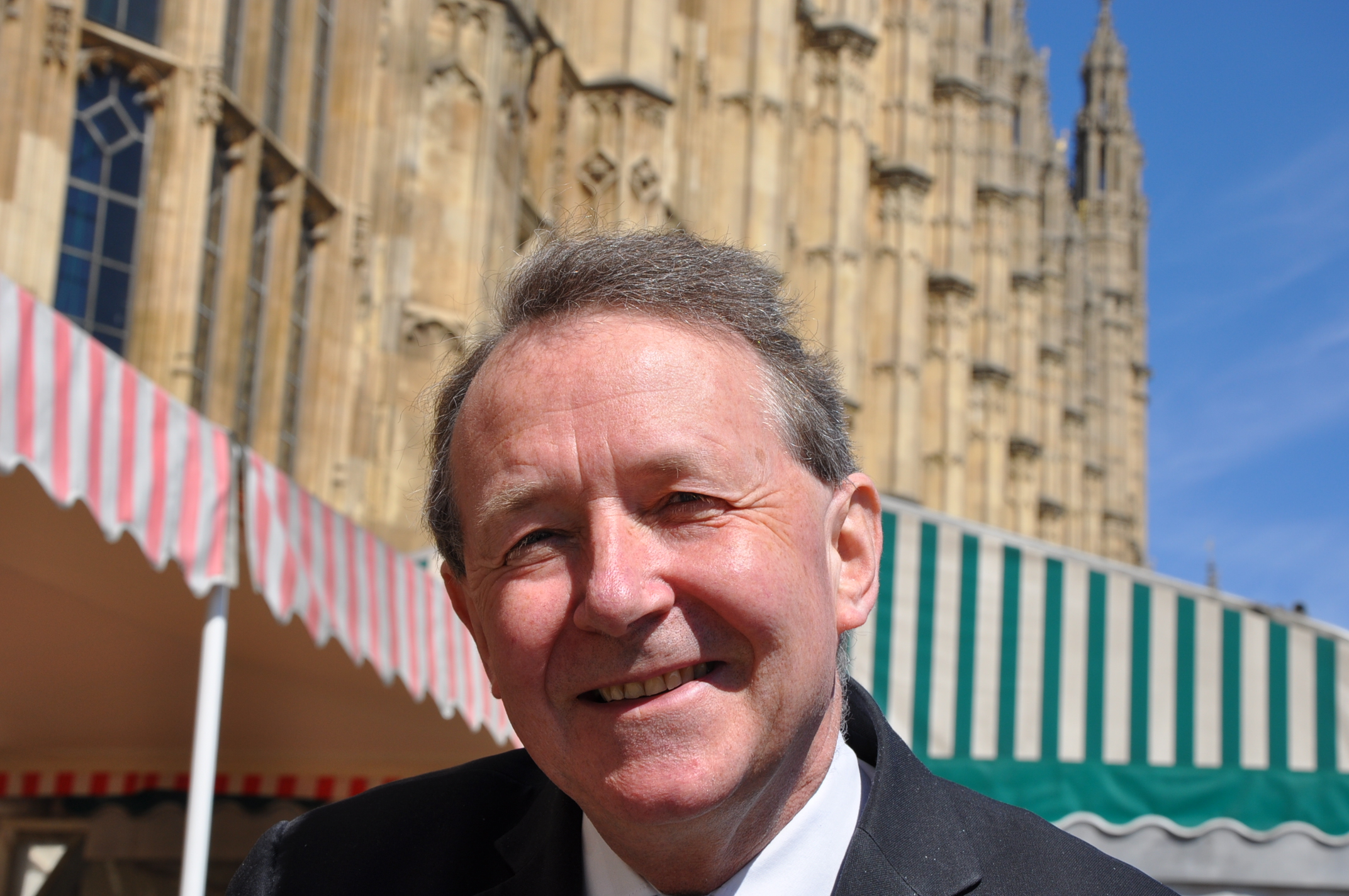
At the Houses of Parliament – where “Building Bridges – Is there hope for North Korea” – published by Lion – will be launched later this month.
To order, use your local bookshop or Amazon:
http://www.amazon.co.uk/Building-Bridges-Towards-Peaceful-Future/dp/0745955983/ref=sr_1_1?s=books&ie=UTF8&qid=1367617827&sr=1-1&keywords=Building+Bridges+David+Alton
Op-Ed article for The Catholic Herald April 2013
Last month I was in Burma. In the past I had entered the country illegally but this time I had a visa. This time I was able to meet freely with Daw Aung San Suu Kyi, with Government Ministers, and to speak at an open air meeting of the National League for Democracy. This time I was able to meet with members of the country’s ethnic minorities, some still at war with the regime. This time I was able to travel freely and see the first signs of Burma’s Spring.
Eighteen months ago none of this would have been possible. My visit reminded me how quickly things can change and it made me wonder whether there are lessons in Burma for another isolated rogue State: North Korea.
There are considerable differences between the two countries – not least the absence of a Daw Suu – and in many respects North Korea is simply sui generis. But for decades both have been isolated from their neighbours; both have been dominated by military cliques; both have squandered natural resources while their Command Economies stagnate and their populations suffer; both have had a contempt for democracy and human rights. Both have to live with a powerful neighbour: China.
In North Korea nearly sixty years of austerity, failed self-reliance and famine have left its people suffering in unimaginable ways. There is malnutrition and hunger and earlier this year there were unverified reports of cannibalism.
But, from Burma to the Berlin Wall, the ending of apartheid, Northern Ireland’s Peace Process, and reform in China, unexpected changes can occur quite rapidly.
South of Korea’s De-Militarised Zone there has also been dramatic change.
Kim Dae-jung, the Catholic Opposition leader, who survived assassination attempts and spent six years in prison, saw off military dictatorship and became the country’s democratically elected President and a Nobel Laureate.
At the time, the highly acclaimed Cardinal Archbishop of Seoul, Cardinal Stephen Kim, called for “great courage” in opposing “the long dark tunnel of dictatorship” and his cathedral became a place of sanctuary for those who ushered in today’s vibrant democracy and social market economy.
Now it is North Korea which stands at a crossroads.
Will its leaders, like the poet, Robert Frost, take the road less travelled by, the one which would make all the difference. Or, instead of a road leading to peace, prosperity and re-unification, will they continue with the near farcical but dangerous bellicosity which has taken the world to the brink of a new Korean war?
Too often North Korea has been like the boy who cried wolf – with all the dangers and risks of miscalculation implied. Specialising in diplomatic blackmail, it uses brinkmanship to remind the world that it’s still there.
Its leadership uses missile movements and threats of war as a distraction from the internal challenges which it faces.
This is replete with dangers and is accompanied by a power struggle involving the young Kim Jong-un’s uncle, Jang Sung-Taek, and his aunt, Kim Kyong-Hui (now a four star general); the removal, disappearance and killing of top military figures (from an army of more than one million men); and the danger of a Sarajevo moment where a stray bullet or missile precipitates a full scale response and conflagration.
Creating a crisis with the world beyond their borders is designed to intensify the country’s siege mentality and to unite it behind the Kim family; and to show its disdain for the UN Security Council’s Resolution 2094, supported by Russia and, even more tellingly, by China.
China’s new President, Xi Jin Ping, said “No country should be allowed to throw a region and even the whole world into chaos for selfish gains.” However, during March, China simultaneously doubled her oil exports to North Korea .
If Xi is serious about his “ China Dream” he will need to match words with actions and might begin by opening China’s 800 mile border letting refugees cross freely instead of being shot dead as they try to wade the River Yalu or River Tumen – which I visited last September and where fleeing Koreans are routinely murdered.
I have been in North Korea four times. At Panmunjom, where, in 1953, the now suspended Armistice was signed after the deaths of 3 million people, I wrote that : “It’s better for men to build bridges than to build walls.”
Walls require less creative genius and few engineering skill. Bridges, by contrast, are more complex – though they do have the disadvantage of being walked over. The international community should discount that disadvantage and begin a process of critical engagement – with the objective of a Peace Conference that finally ends the war.
Dialogue and engagement should not be an excuse for appeasement or for timidity in speaking truthfully about the nature of the regime, its ideology, and its policies.
We who share a common belief in human rights, human dignity and freedom must be fearless in confronting brutality and ruthlessness but the on-off policies of the past sixty years, designed to counter North Korean belligerence, have been based on the same “military first” ideology as the policies practiced in North Korea.
For both sides, it has largely been a case of military first, second and third. In this Korean version of the Cold War the acronym MAD ( Mutually Assured Destruction) seems peculiarly appropriate. A military conflict between the North and South would simply lead to colossal loss of life: overwhelmingly Korean lives.
To avert such scenarios we will need a more reasoned and nuanced approach than mutually assured destruction. Such a strategy would –as the Helsinki Process did in the 1980s – take as its starting point the assumption that force will always be met by force but with both sides categorically eschewing territorial ambitions and renouncing the use of military firepower to secure such ambitions. The simultaneous objective would be a calibrated peace process to achieve, in the long term, the complete de-nuclearisation of the peninsula and the reunification of Korea.
In engaging with North Korea we must enter into its psychology – which was shaped by humiliating and cruel occupation by Japan, by a ferocious war, by a genuine fear of foreigners, and by sixty years of paranoia and violent Stalinism – complete with its network of gulags, purges, and a control of citizens and their minds which Stalin would have envied.
North Korea is, in many ways, the victim-turned-perpetrator of systematised abuse – and we need to comprehend this if we are to help it take the less travelled road to reform and reunification.
The West miscalculates when it assumes that North Korea’s leadership can be induced to commit political suicide. It also miscalculates when it assumes that the accoutrements of capitalism – from fashion wear to decent cars, to South Korean music tapes and DVDs – will be enough, by themselves, to assuage the cultivated fear of the world beyond its borders.
As North Korea stands at the crossroads, it must take the same small steps which Burma has taken. What is needed now is a painstaking and patient bridge building strategy, one which cajoles and coaxes, but does not appease.
David Alton (Lord Alton of Liverpool) is Chairman of the All Party Group on North Korea. His book, “Building Bridges: Is There Hope for North Korea?”, co-authored with Rob Chidley and published by Lion, is published next month and may be ordered in advance from Amazon.
http://www.amazon.co.uk/Building-Bridges-Towards-Peaceful-Future/dp/0745955983

Kim Dae Jung Library – some of the letters he wrote from his prison cell during the military dictatorship of South Korea
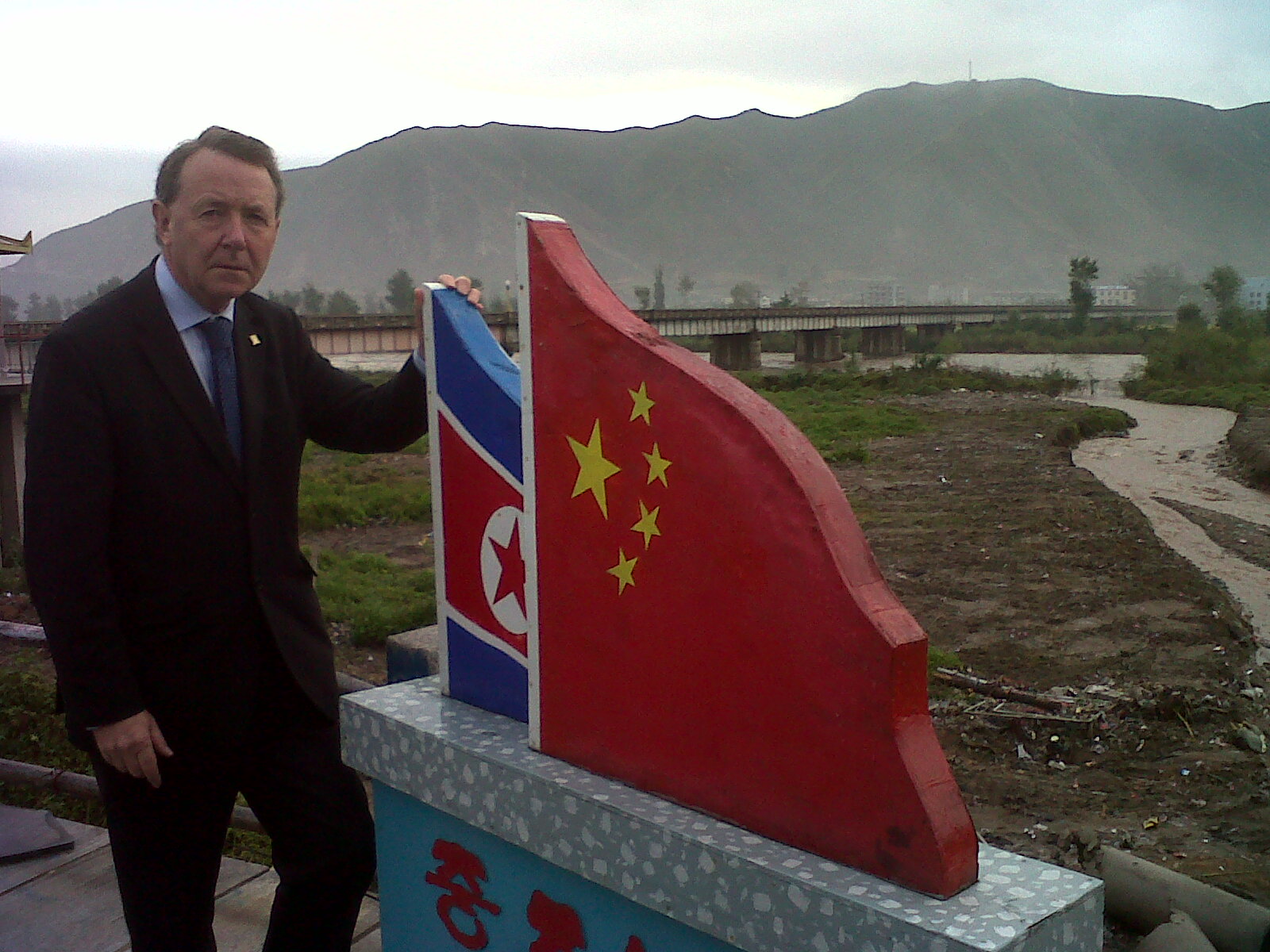
At the Tumen River border with North Korea in North East China, September 2012, where border guards shoot North Koreans trying to leave their country
North_Korea Cambridge 2011
